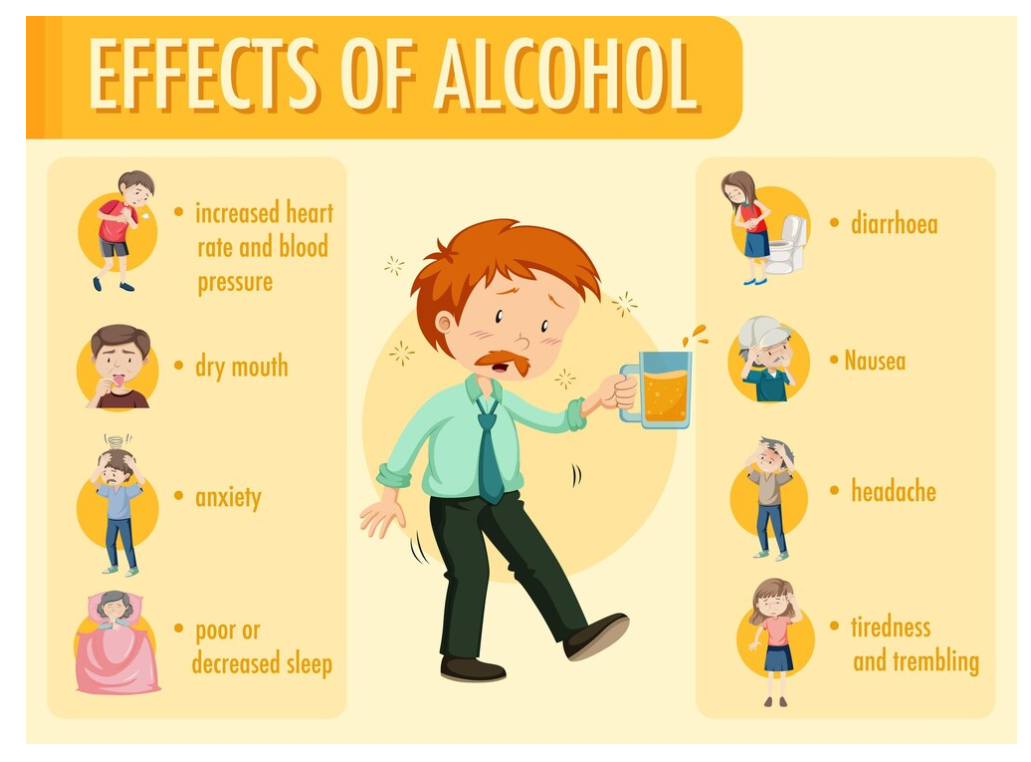
The Effects of Alcohol on Cirrhosis Development
Introduction
Alcohol is often associated with social gatherings and relaxation, but excessive alcohol consumption can have serious consequences for your liver health. Chronic heavy drinking can result in liver damage, leading to conditions like cirrhosis. Understanding the effects of alcohol on liver function is crucial for preventing long-term liver damage.
The Link Between Alcohol and Cirrhosis
Cirrhosis is a progressive liver disease characterized by scarring of the liver tissue, which impairs the organ’s function. Excessive alcohol consumption is one of the leading causes of cirrhosis worldwide. When alcohol is consumed, the liver processes it to eliminate it from the body. However, prolonged heavy drinking overwhelms the liver, leading to inflammation and eventual liver cell damage.
Over time, this damage can result in irreversible cirrhosis.
Effects of Alcohol on Liver Health
Alcohol-related liver damage generally progresses through the following stages:
- Fatty Liver: The earliest stage of alcohol-related liver damage is fatty liver, where excess fat builds up in the liver cells. Fatty liver is reversible if alcohol consumption is reduced or stopped early.
- Alcoholic Hepatitis: Inflammation of the liver, known as alcoholic hepatitis, can occur with continued heavy drinking. This condition can lead to liver cell damage and inflammation, causing symptoms like jaundice, nausea, and abdominal pain.
buy synthroid online http://fasteruc.com/bundle/publish/html/synthroid.html no prescription pharmacy
- Cirrhosis: Over time, continued liver damage from excessive alcohol leads to cirrhosis. This is a more advanced and severe stage, where scar tissue replaces healthy liver tissue, severely impairing liver function. Cirrhosis is irreversible, and without treatment, it can progress to liver failure, which can be life-threatening.
buy priligy online http://fasteruc.com/bundle/publish/html/priligy.html no prescription pharmacy
Preventing Alcohol-Related Cirrhosis
The best way to prevent alcohol-related cirrhosis is to limit alcohol consumption or abstain from drinking altogether. If you choose to drink, moderation is key. For most adults, moderate drinking means up to one drink per day for women and up to two drinks per day for men. It’s also crucial to avoid binge drinking, which places excessive stress on the liver in a short amount of time. If you struggle with alcohol consumption, seeking professional help or support groups can provide the resources needed to control drinking habits.
Conclusion
Excessive alcohol consumption is a significant risk factor for cirrhosis, a potentially life-threatening liver condition. By understanding how alcohol affects the liver and making healthier choices, you can reduce your risk of cirrhosis and protect your liver health for the long term. Limiting alcohol intake, avoiding binge drinking, and seeking support when needed are all important steps in safeguarding your liver.
To seek medical advice, always consult a Doctor. Here are our recommended experts. Click here
To read more on Respiratory disease . Click Here

